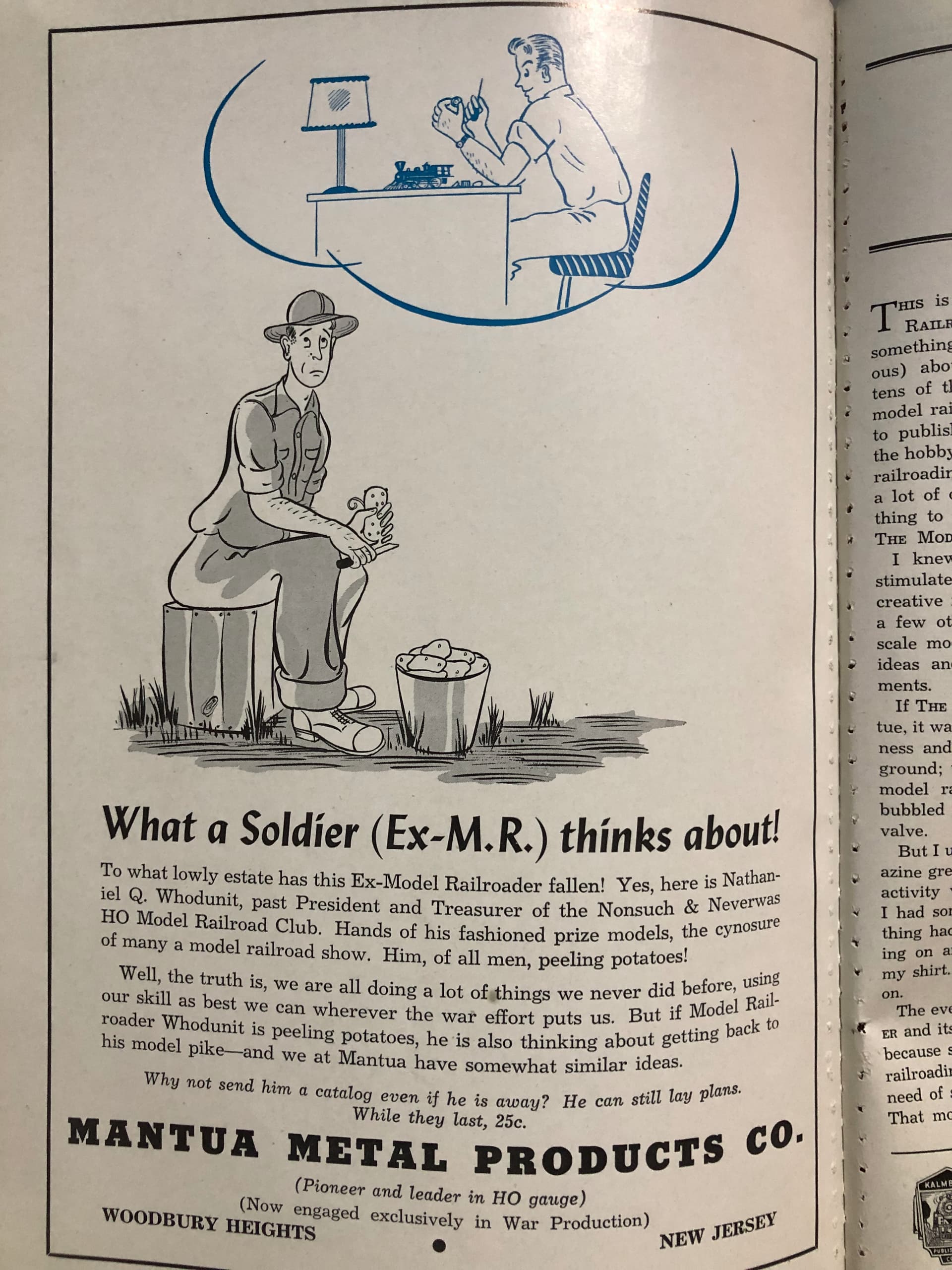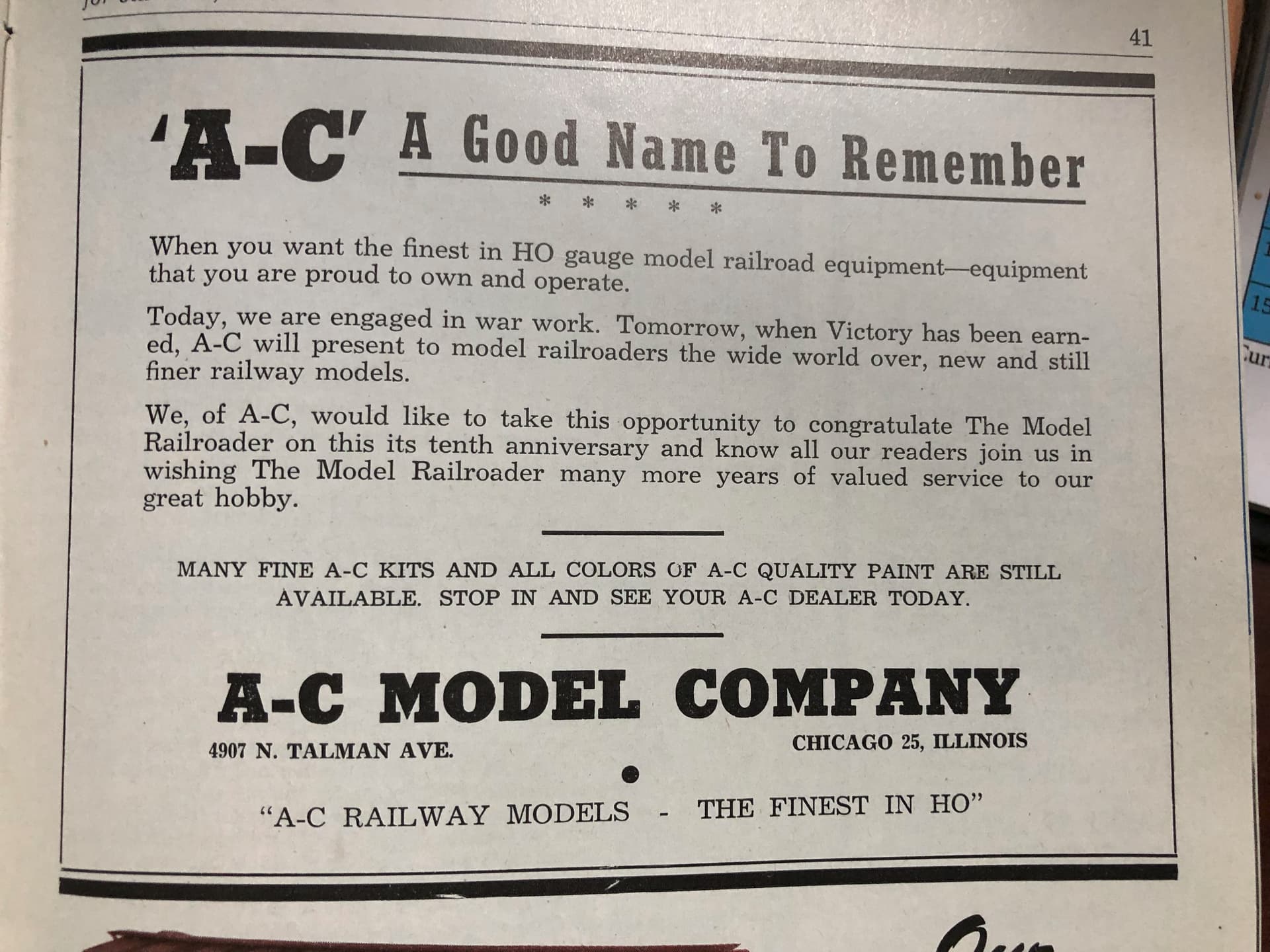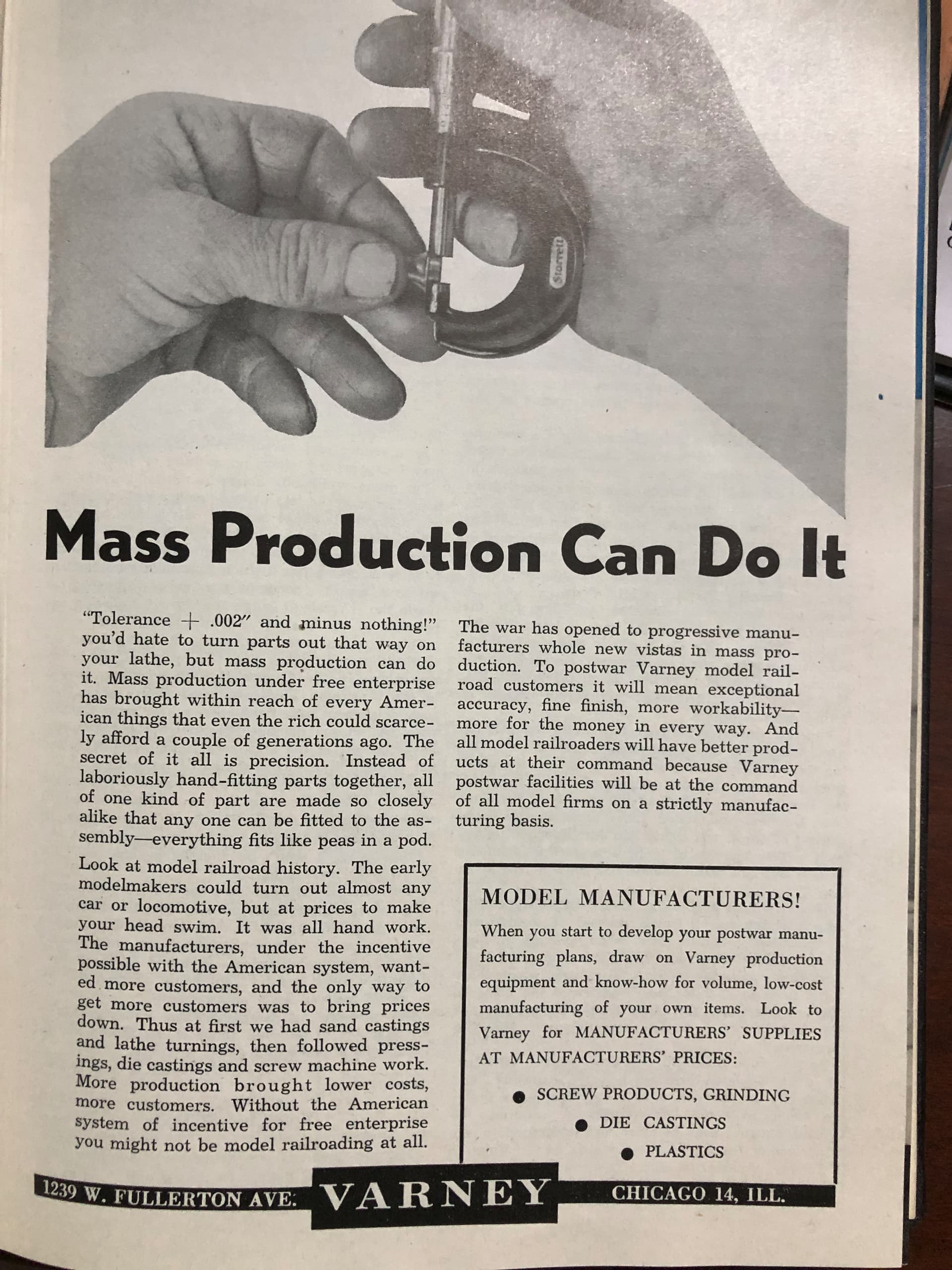Just watched Indy’s hymn to the Higgins boat.
While it was an important vehicle I think Indy overstated the case.
If we take the proposition that weapons win battles but logistics wins wars, then I suggest the Higgins boat deserves a bronze medal.
It didn’t stand out in the Atlantic theater.
On D-Day the largest contingent of infantry were delivered by LSIs. The Higgins boat was dominant on Utah and Omaha, but the LCA (often grouped under the generic term Higgins boat by US writers) designed by Thornycroft and in production since 1939 dominated on Sword, Gold and Juno.
In the Pacific it was far more important, though perhaps not in the glamourous assault phase, there the 18,000 LVTs made a bigger impact, but in the logistics support.
We can see the key role of the Higgins boat as being the Deuce and a Half of the Pacific theater getting the supplies from theater delivery to the front.
I gave it the bronze medal because I think the silver medal belongs to the Deuce and a Half; while maybe of less significance in the Pacific, it was vital in keeping the allies in the game in the war against Germany. Not only in Western Europe; it was just as important in keeping the Red Army supplied as it drove from the East. And there were over 750,000 of them.
But the gold medal has to go to the vehicle which delivered both Higgins Boats and Deuce and a Halfs to where they were needed, along with much of what they carried. If there is a vehicle that deserves the title of winning WW2 it is the Liberty ship.
Those are really good points. Thank you.
Another candidate for a medal would be the Willys Jeep as it revolutionized off road travel and could travel fast and go good distances for the time plus it could be repurposed for medical, mobile machine gun, courier and so on and was used in multiple theatres to great success.
I agree. The Pacific and European theaters required different strategies and vehicles.
I agree with your assessment on all of these. Logistics were the deciding factor in just about every campaign, and the allies had superior logistical support – and much better standardization – than the Germans or the Japanese (the less said about Italian logistics, the better). Allied support to the Soviet Union included tanks and planes, but the most important element IMO were the raw materials and the jeeps and trucks that enabled the Red Army to keep their front-line troops supplied. As I mentioned in another thread, the Soviets were generally careful to keep western tanks and planes out of their propaganda films, but they couldn’t possibly avoid showing western trucks and jeeps, because they were utterly integral to the logistical effort.
Definitely made it to the final, but there are only three medals. Other finalists would be the C47 and CMP trucks.
I’m wondering what else would make the final, any candidates?
Like with the Higgins boat it is always a bit tricky to stick to one type. The C47 wasn’t the only transport around as well. The JU-52/Avro transport planes, Stirlings for paradrops were all useful. (not to bash the C-47, I took a lesson flying escort of 14 DAKS in a Harvard). The C-47 makes a nice example.
As for finalist prizes, I find it really difficult but the Bletchley girls/boys and their colleagues in other services really should be in the top as rerouting convoys away from U-Boats and so much other vital intelligence took months if not a year of the war duration! Their work was secret until the 1970s but being able to read what the enemy is doing helps!
The other war winners, Well how about teletype conferences (Kind of Skyping with typemachines) or portable radios which solved the WW1 communication issues. This made “Command at Control down to platoon level much more easier”.
Finally a very controversial war winner, the Atomic Bomb. It came late for Germany but in time for Japan and Hiro Hito who pushed for the surrender clearly said it was the bomb. Yes it is a horrible weapon and I don’t advocate using it and it never has been used again after 1945. But it is hard to deny that it would be a war winner.
According to Monty the Bailey Bridge also was a war-winner. Some of these Baileys still exist. Probably not a first prize but the Bailey represents this built quick and standardized. Quite similar to what the ancient Romans did, a lot of their cities/aquaducts and roads were copy/paste. The approach WORKED!
In a properly functioning military, this micro-management from on high will make things worse not better. The chain of command is there for many good, functional reasons, not least that even a good leader has a limited ability to control the actions of a set number of subordinates and when you start expanding the leader’s direct subordinates, the leader becomes less and less effective at doing his job. To give a post-war example, it was technically possible for a USMC platoon leader in Vietnam to be given orders by the Chairman of the Joint Chiefs of Staff on a minute-by-minute basis … but it would be a fantastically bad way to run a battle … even if the 4-star general really is the best infantry officer in the entire US military.
My favourite winery in the Niagara region uses a Bailey bridge to get visitors from the road over a gully to their main parking area. I love driving over it every time I visit. It’s noisy compared to modern civilian bridges, but they assure visitors that it’s built to hold tanks so it’s safe for cars.
I like the idea of adding the Bailey Bridge to the roll of honour. I left out the Ju52 as it didn’t win. I’m restricting myself to logistics as once you go to weapons you get too many theater specific issues.
As to the A-bomb, it didn’t change the final outcome, but did shorten the process.
Worth a special award for saving more lives than anything else, even more than penicillin.
Penicillin probably deserves a place on the logistics board because of the effects on reduced medical care and the speed with which it got sick soldiers back to operations.
Hi Nicholas, thanks for the reply and you make a very good point about e.g. Vietnam. All this communication might lead to a “unnecessarily restrictive” as opposed to the permissive approach where local commanders don’t have to have permission for everythig.
A possibly too restrictive ROE (judging it is not my point) approach is the recent anti-terrorism actions where the military had to clear fire missions against technicals with Washington including judicial reviews. As the opposition knew this they just disappeared before the clearance.
I contrasted it with World War 1 because back then it was almost impossible for the infantery to call in Air Assets. At least in World War 2 with the radios, local commanders could call in Air Assets (e.g. flying in from England to Normandy Or fire support missions from artillery). This requires lots of coordination ad HQ wants to be sure the infantry is in the right space. World War 2 is where the whole 3D battlespace (as opposed to battlefield) became a real thing as these assets could be flown in from huge distances.
Permissive ROE can’t go too far either as well the overall cohesion might be lost and the Assets should support eachother.
The problem here is mostly whether the political or military brass wants 'micro-management" or is trying to find a precarious balance. The worst case is probably abondonment of management like in Srebrenica 1995. A Dutch Battalion had F-16s flying overhead and no rapid reaction force. When they asked for help, the higher-ups simply didn’t reply. So a situation where the information and warnings were all there but still someone needs to decide whether a genocide should be stopped!
All the information is useless if no one bothers to put their career on the line or whatever cause their inactivity! ![]()
I think that is an excellent point, logistical systems are for more generic than “tank x” or “ship Y” which were being replaced by/ upgraded to (hopefully) better models all the time.
I really like the Penicillin idea, this was extremely valuable as well. Healthy people fight better!
Thanks for the input again ![]()
While I agree penicillin played a role in WW2 overall it’s use was still fairly limited due to limited production of the drug and was not widely used until fairly late in the war and did not affect the outcome of the war per se. At best I think it deserves an honourable mention. Just my two cents.
On another note technological advances happened in leaps and bounds during the war and is true with basically any major war or conflict. Most experts agree that the technology invented during WW2 would of happened eventually the war accelerated the process greatly. Prime example is radar at the start of the war it was in its infancy and not many radar stations existed by the end of the war it had advanced to the point of having mobile ground radar stations and engineers trying to figure out how to incorporate radar into aircraft.
Technology could both be in the running for a medal and an honourable mention.
The urge to “backseat drive” on the part of top brass and (even worse) politicians has been an issue for battlefield commanders since Napoleon III had a telegraph line installed so he could harry and upbraid French leaders in the Crimea, and it’s gotten worse every time communication technology improved. I think wartime ROEs tend to be much more logical than ROE for situations short of full war, where the propaganda war in the media is at least as important as the bombs-and-bullets sharp end.
I agree that the “war winner” discussion should not be focussed on weapon systems in most cases, and most logistical elements are “invisible” yet critical to the success or failure of just about every campaign.
I imagine that the vastly improved practices of getting wounded soldiers out of the line of fire and back to the appropriate level of medical care as quickly as possible would be another “invisible” war winner.
I think the US subsupplier system was the winner. It meant that every Company came into play, even if it was only a small part to a ship or a tank. Then they could build a liberty ship in a few days just like a Lego set.
I have a hardbound edition of the 1944 run of The Model Railroader magazine (hobby magazines were allowed to continue publication for morale purposes under US government paper rationing), which has lots of ads from companies that normally produced things for the model-making and model railway consumer but who are doing war-related production but still want to be kept in mind by their former customers for the post-war era. A few examples from the January and February issues:



I thought Sparty’s take on penicillin was very informative. It was a taste of the future but not the game changer cause of too short supply. The Sulfa drug impact was huge however.
I also agree that the field hospital evolutions were huge. We think of Mash and Korea but the field hospitals were a major piece of the puzzle in WW2 they just didn’t have the surgeons quite as close. Nor helicopters but ambulances were there.
While the Chain Home radar was quite basic in 1940 a lot of research was on hand pre war, including airborne radar.
The first operational aircraft mounted radar was in operation by the end of 1940.
But radar does provide an excellent example of the effect you mention in the VT fuse.
They went from a system that could be fitted into an aircraft in 1940 to deploying a radar controlled fuse that would fit a 127mm shell in 1944.
I would put Willys/Ford Jeep as one of war winners as it inspired The Land Rover as the directors at Rover cars owned a war surplus jeep after WW2
With the british experience in long range rader tracking in the summer of 1940 I still dont understand the US Opana blunder at Pearl Harbor 16 months later.
I think it was typical confirmation bias on a Sundaymorning in paradise. When I went to Hawaii in December after throwing snowballs in the US I kind of got it. Oahu is a beautiful quite place were everyone is swimming and no one expected an attack. So complacency and it was the unthinkable. Very sad. A lot of Airline accidents are the result of confirmation bias, I think I am landing on the runway but it was a taxiway!